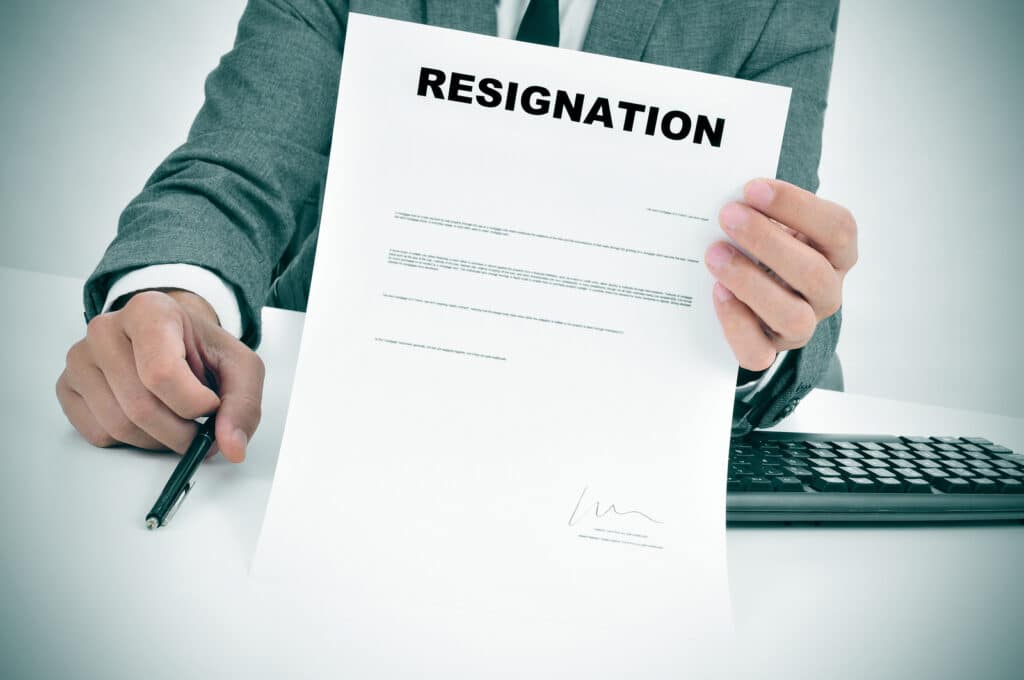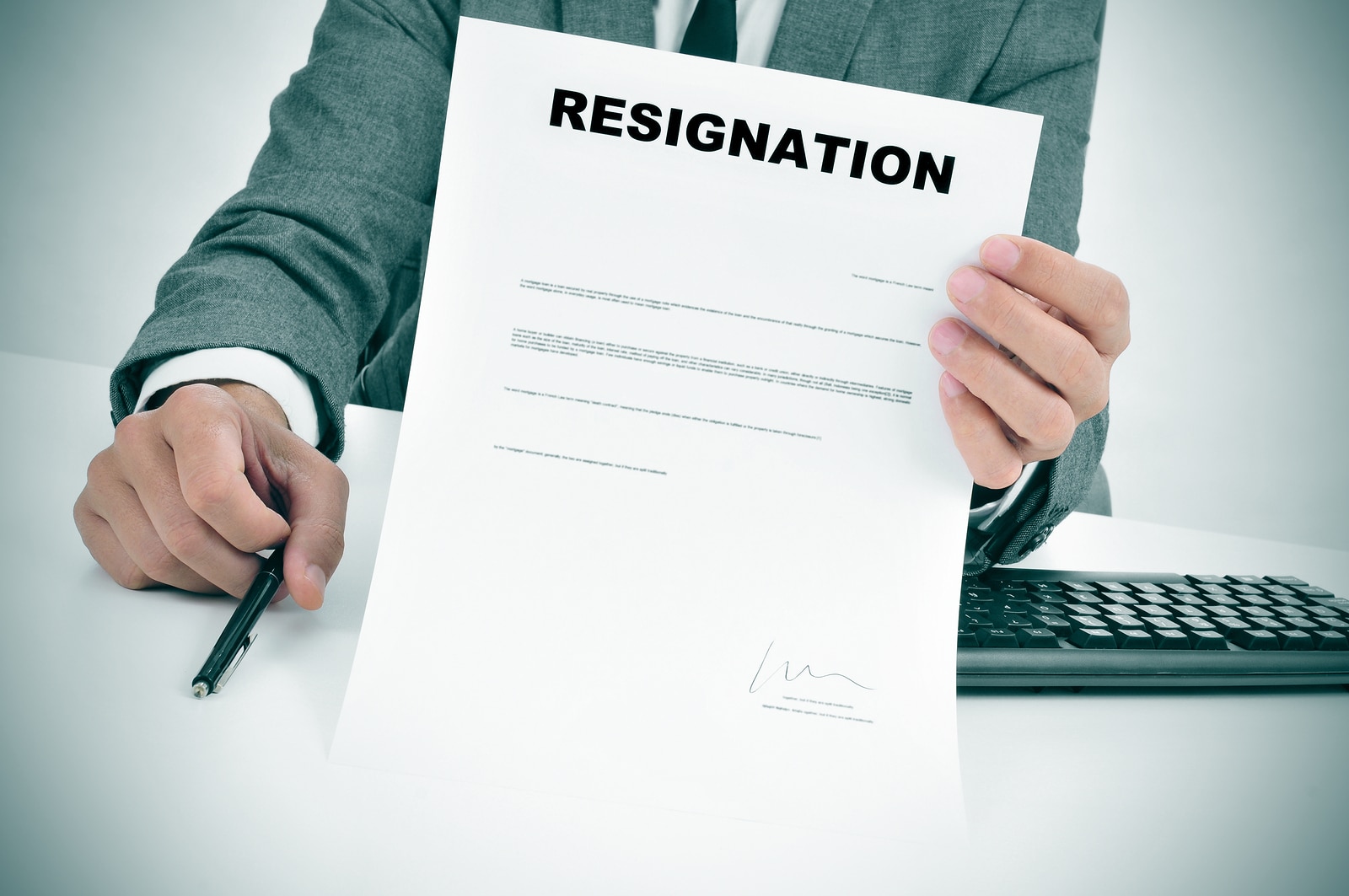So, you decided to take your talents elsewhere. You signed the offer letter from your new employer and you’re ready for a fresh start. Congratulations! That’s exciting and something worth celebrating.
However, before you pop the champagne, you need to finish the hard part of accepting a new opportunity: submit your resignation.
This can be a nerve-wracking and stressful situation. Now, this isn’t the first step to your resignation (the first being the submission of your two-week notice), it can be quite difficult. Here are a few tips on writing a professional resignation letter.
The format of a resignation letter
The resignation letter needs to be done right and professionally; it may make the difference in a graceful departure or you’re getting kicked out kicking and screaming. And remember, you want to leave on good terms, so you can use the experience and manager as a reference.
The format of your letter is pretty basic:
- The date you submit the letter (top-right corner)
- Your full name, title, and address
- Phone number
- Address the letter to your direct manager
- Name of the organization
- Address of the organization
- Your actual resignation
- Your signature and printed name at the bottom
Basically, your resignation letter should be formatted like any other official (and professional) letter. Keep it short and sweet.
What you should say
You don’t need to sugarcoat or try and get fancy. Just simply state the details. All you need to do is state the position you’re resigning from and your last day of work.
This is not the place to go into detail about why you’re leaving. Just provide when you’re leaving so HR can begin the exit process and start looking for your replacement.
Here’s a brief example of all that needs to be said in your introduction:
Dear [Your Manager’s Name],
Please accept this letter as a formal notification of my resignation from my position as [your job title] with [company name]. My last day will be [your last day, typically two weeks from the date of your notice].
A brief thank you
After you’ve stated when your last day will be, now you can write a thank you to your manager and employer for the opportunity. Your thank you message may depend on numerous things, such as the relationship with your manager, how long you worked there, what your job title was, etc.
Essentially, just thank your employer for the opportunity and all that you’ve learned. Remember, you may need this manager as a reference in the future so end your resignation letter on a good note that will leave a positive impression.
After your thank you, you can discuss your intentions of assisting with the transition. Once again, you don’t need to go into great details. Just explain that you want to help with a smooth transition and help wrap up any projects you are currently working on.
The closing of the letter
After your thank you, all you need is a final sentence or two thanking your employer again and a hope of well-wishes. Here’s a basic example of how to end the letter on a high note:
Thank you again for the opportunity. I hope we can keep in touch and I wish you and the company continued success.
Then, all you need to do is sign the letter. Include your printed name, as well as your signature. Now all you have to do is submit your letter to your manager. Good luck!





